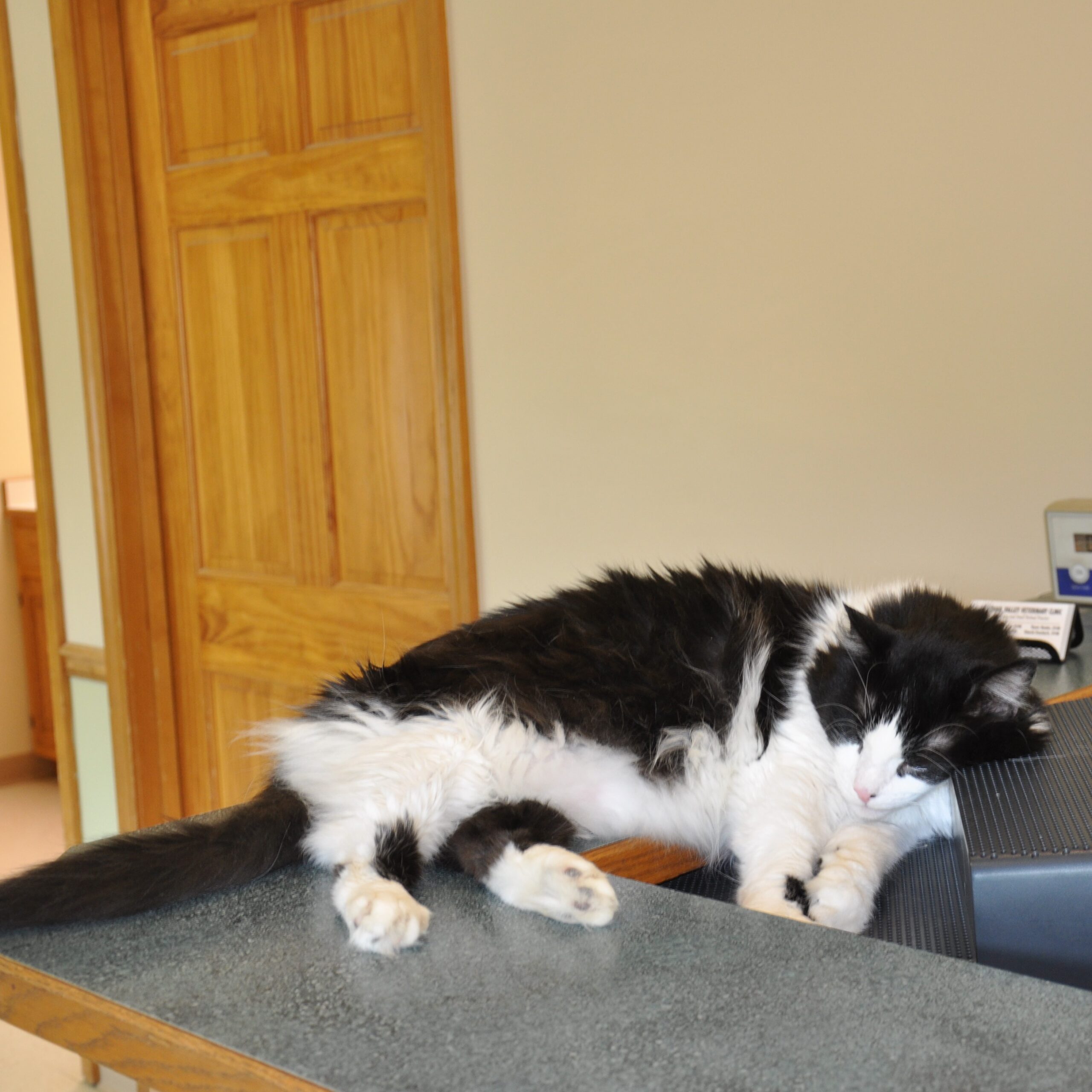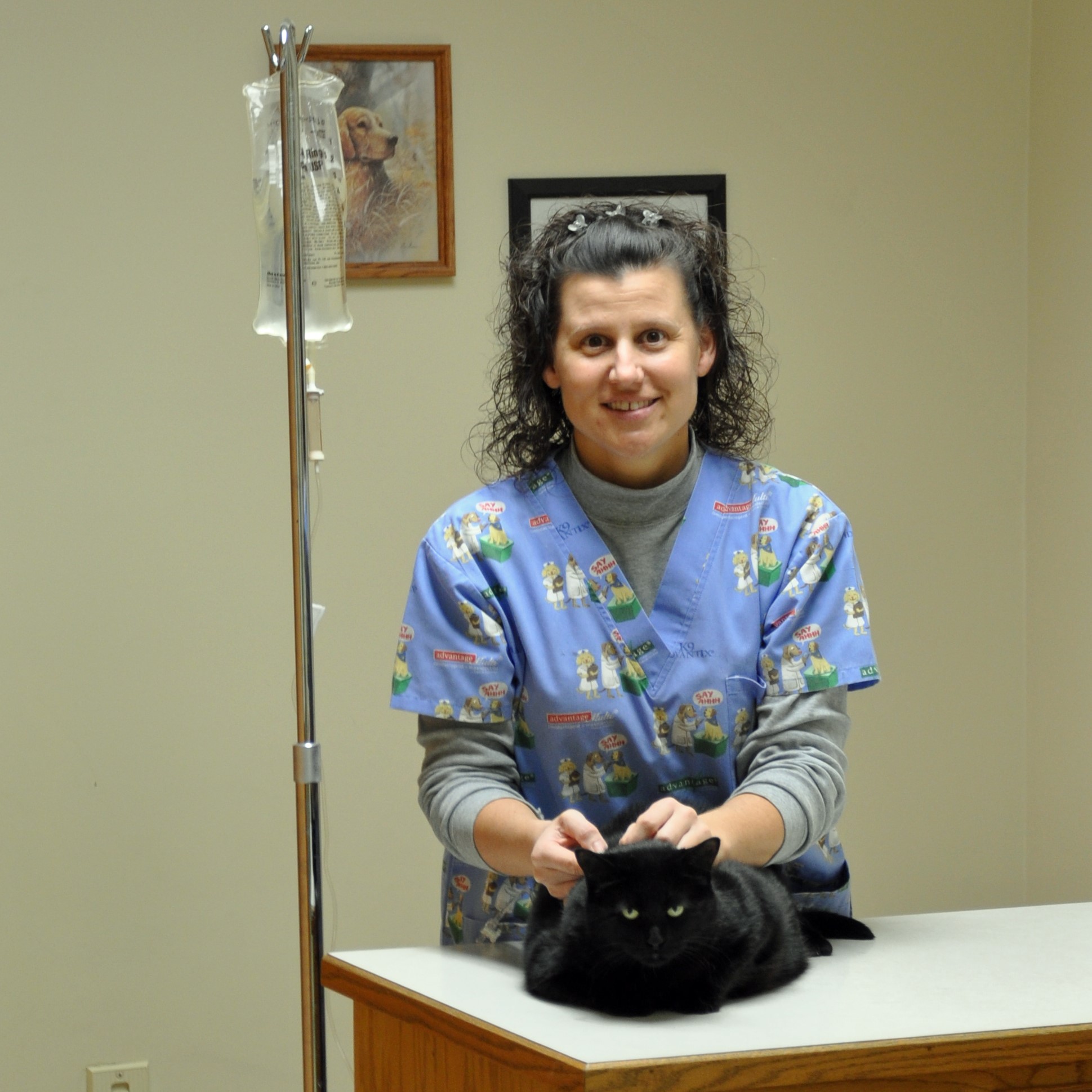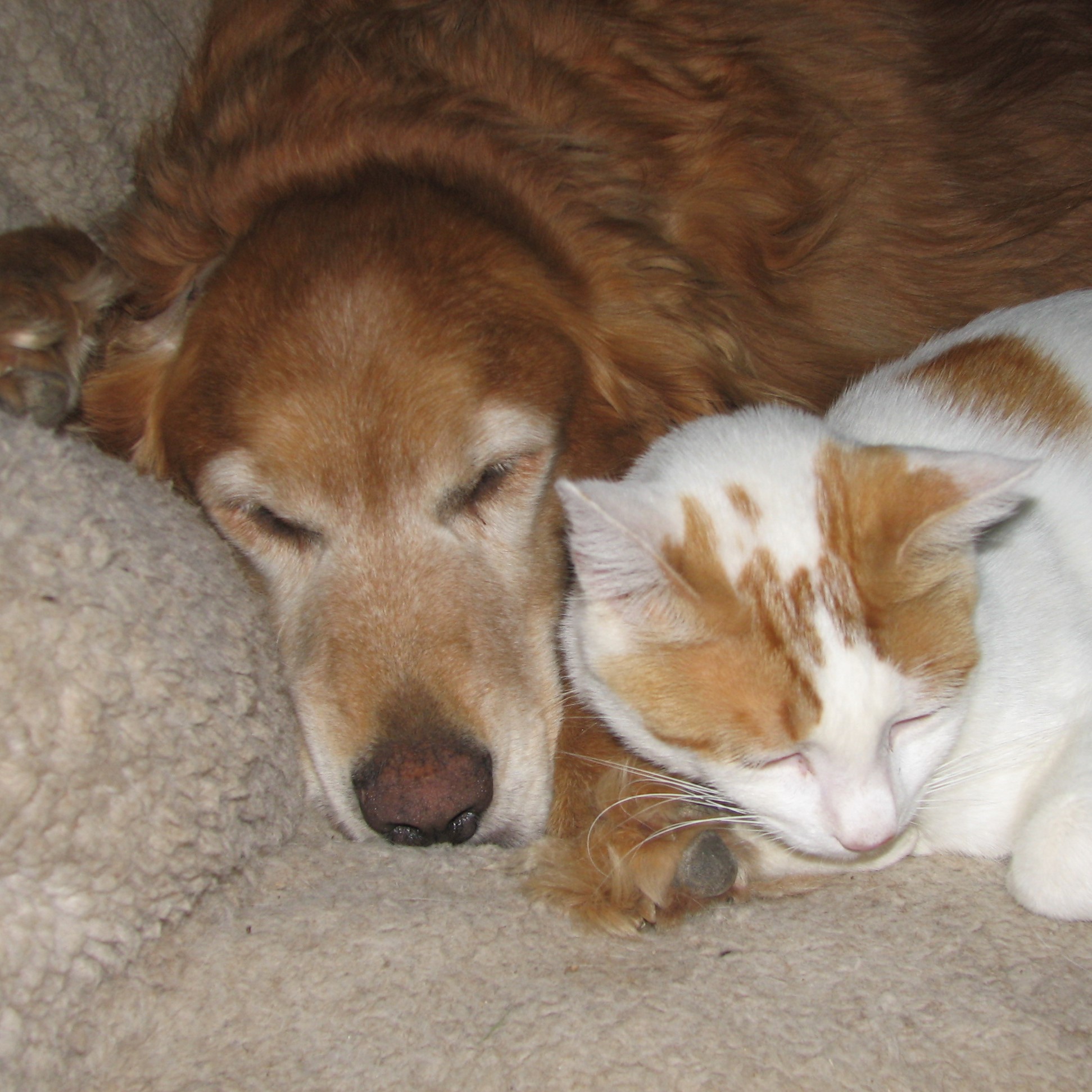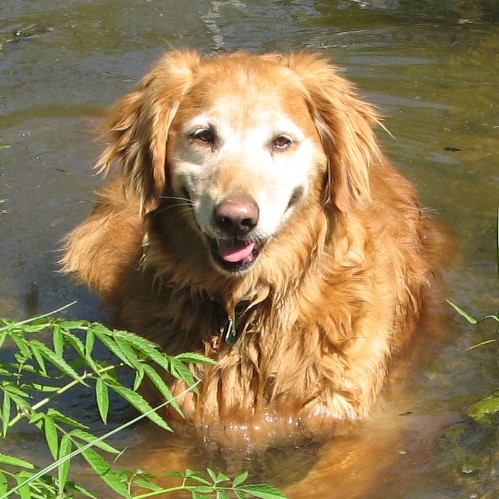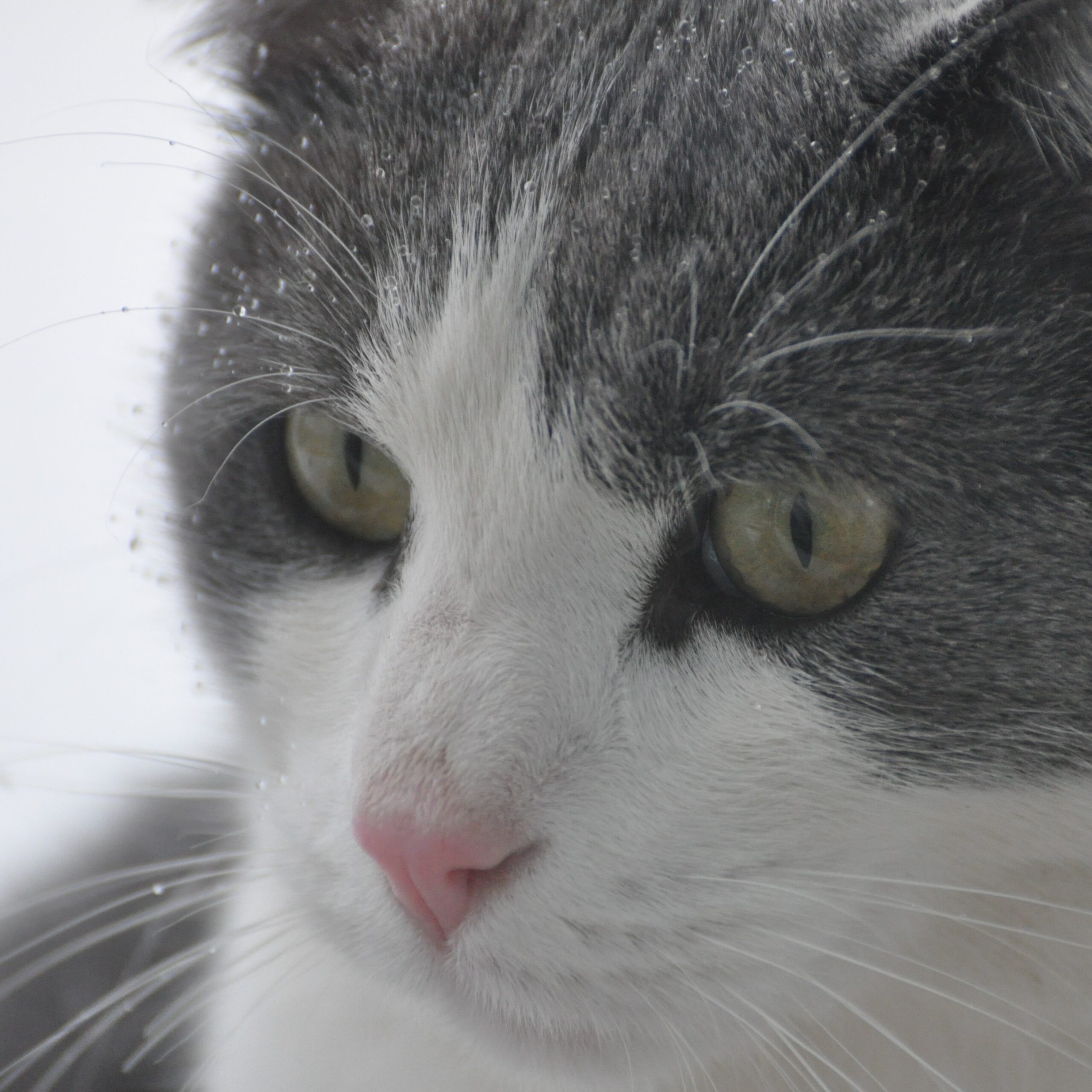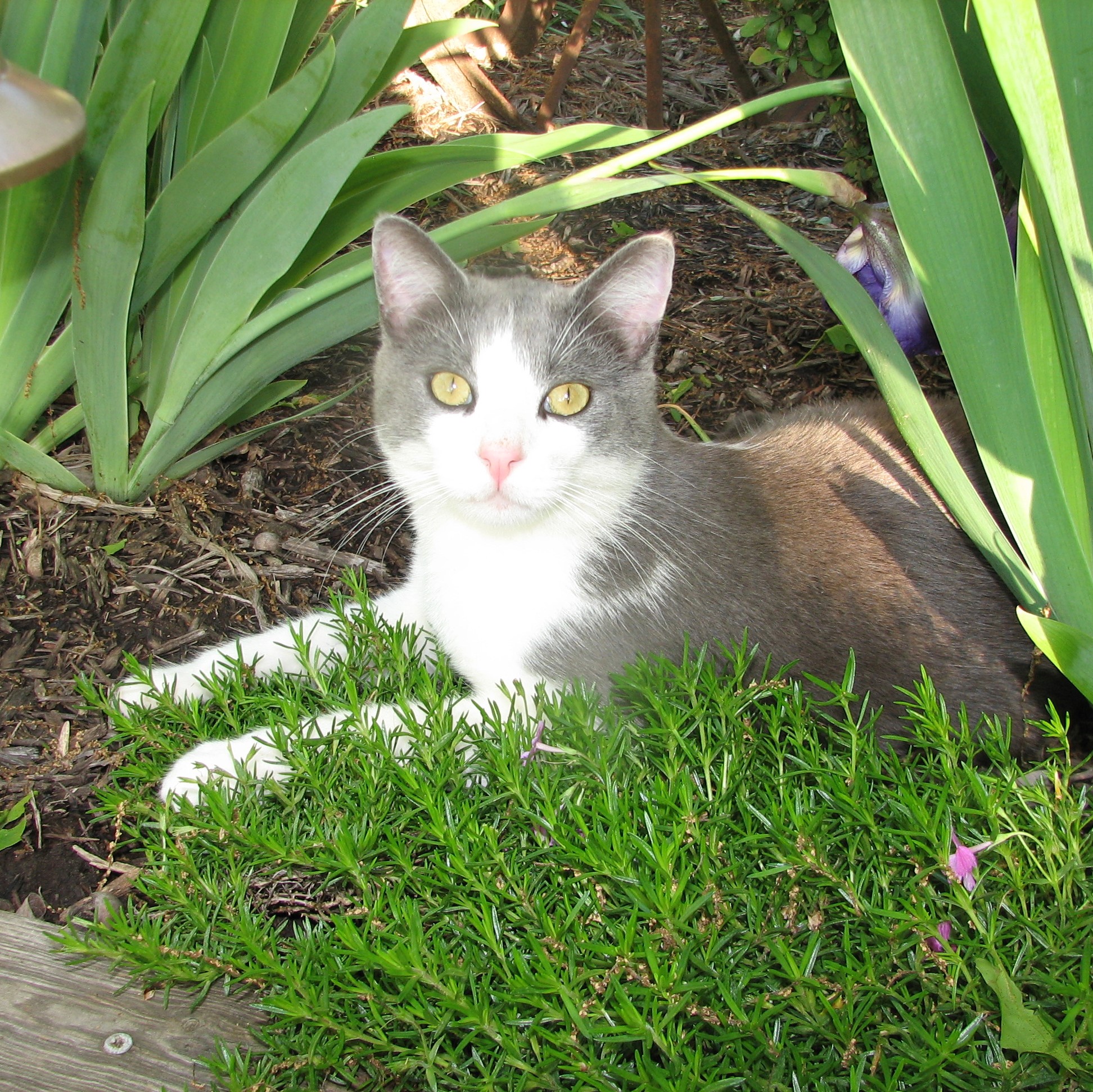Small Animal
Preventative Care
Preventative care is extremely important to the health of your pet. This includes routine physical exams and vaccinations. Physical exams are just as important in our furry family members as they are for you. We recommend physical exams every 6 months when your pet reaches it’s senior years. Screening blood work is also recommended for any pet over the age of 7 years. Problems that are detected early have a much better chance of being successfully treated and/or managed.
Other preventative care recommended for all dogs and cats:
Surgical Procedures
We perform a wide variety of surgical procedures. All of the routine surgeries, consisting of spays, neuters, and declaws are performed Monday thru Friday. There are both medical and behavioral advantages to these procedures. Spaying females prevents not only the mess and hassle of the heat cycle, but also helps prevent mammary tumor development and life threatening uterine infections. Neutering males results in great behavioral advantages such as decreasing marking tendencies, aggression, and roaming, but also helps prevents prostate problems later in life and certain cancers.
We also perform a variety of specialized surgical procedures such as entropion repairs, intestinal surgeries, bladder surgeries, tumor removals, fracture repairs, orthopedic procedures, and many more. You can rest assured your pet will be treated with the same quality and compassion as one of our own if the occasion would arise that your pet would require a more advanced procedure.
Dental Care
Many people take it for granted, but dental care is extremely important in our pets. The best preventative measure for healthy teeth is brushing. However, it is important to use toothpaste formulated especially for your canine or feline companion. There are also many dental treats and diets available in today’s markets, such as science diet oral care or prescription t/d and greenies.
Despite doing all the above things, routine dental cleanings are still recommended. Your pet’s teeth are examined at every check up. Dental disease is highly prevalent among our pet population and can lead to serious problems throughout the body if left untreated. Ask us about your pet’s dental health at your next visit!
Diagnostics
Blood Work At Quail Valley Veterinary Clinic, we have in house blood machines that allow us to run many tests very quickly. We have a chemistry analyzer that allows us to check your pet’s organ functions, cbc machine that gives us blood cell counts, and a thyroid analyzer. This allows us to get very quick answers and determine what may be the best treatment for your pet. We also send more specialized blood work to regional labs.
Radiology We have a full line of radiography equipment, including both stationary and mobile units. We have the ability to perform specialized procedures such as contrast studies that help detect problems not readily visible on plain radiography films.
Routine Fecals A stool sample can be analyzed to check for intestinal parasites. This is especially important in puppies and kittens and dogs and cats with loose stools. Learn More »
Routine Urinalysis Urinalysis testing for urinary tract infections and kidney disease are also routinely performed. Learn More »
Microchipping
At Quail Valley Veterinary Clinic, we implant Avid microchips at the request of the owner. For a small fee, we can place a chip in the region between your pet’s shoulder blades that will be a permanent form of identification. While this can be done in any pet, we recommend doing this at the time of spaying or neutering in a young animal.
Boarding
We have a small indoor boarding facility with special rooms for both dogs and cats. Dogs are walked outside at least twice daily and allowed to roam in our fenced in area. Unless your dog or cat is on a special diet, all pets are fed Hill’s Science Diet dry food during their stay. Any medications your pet may be on can be administered daily. You may also feel free to bring a toy or something from home to put in the kennel with your pet.
Specialized Hospital
Upon occasion, your pet may require a veterinary specialist to examine your pet and/or perform advanced diagnostics or surgical procedures. The closest specialized hospital is the University of Missouri-Columbia. Within a short drive, your pet can have all the advances available in veterinary medicine including ct scans, mri’s, radioiodine treatments, chemotherapies, and much, much more.

